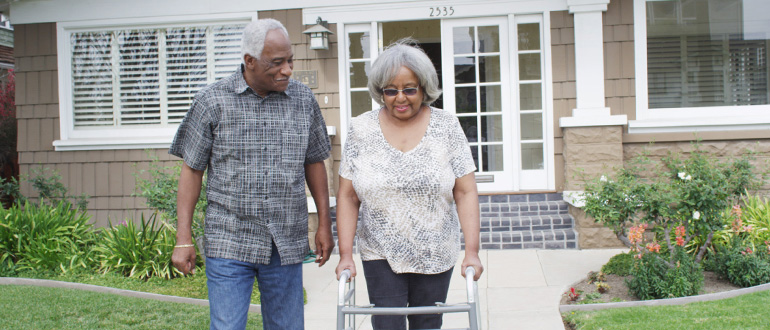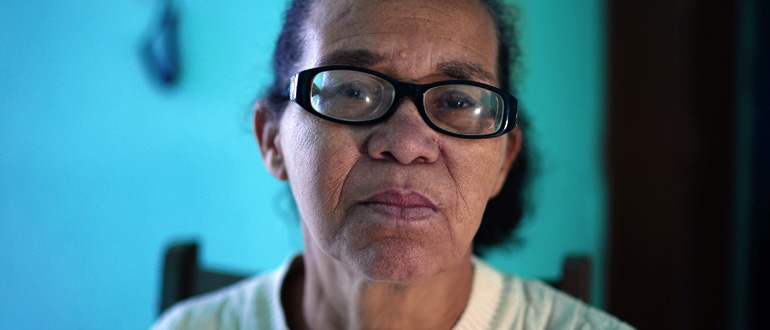CHWs work with clients to improve housing situations

“Housing should be fair for everyone. Even if you need low-income housing or are coming through a housing program, you should still expect a standard,” says Giacoma Telich, Community Health Worker (CHW) for Health Care Access Now (HCAN).
Many factors contribute to whether housing is suitable, she states. The bare minimum is “housing that does not jeopardize their health, safety, or welfare.” Another element is location: “What’s the distance to the children’s school? The mother’s job? Is it on a bus line?” And it is essential that housing be affordable: taking less than 30 percent of the tenant’s income.
Telich and the other CHWs at HCAN stress to clients that they should not move into a property sight unseen or settle for dilapidated housing. “I’ve worked with clients who just moved into a property with holes in the ceiling. You do not have to accept that.”
[Low-income housing and landlord loopholes]
Housing Educations about building trust
CHWs refer people in crisis to outside agencies, such as Bethany House Services, and work with others to improve their current housing situations. As part of a new program, CHWs help tenants work through a series of Educations on eviction prevention and financial stability to gain a certificate. “It creates trust from the landlord’s standpoint,” Telich says. “They appreciate having tenants who make that extra effort.”
The first step CHWs often take is examining each section of the rental agreement with clients so they understand what is required of them. “A lot of times, people face eviction because they don’t follow the rental agreement. Many of them have not even read it.”
And eviction can have a devastating impact on an individual’s ability to secure housing. Laws vary depending on location, but an eviction can remain on someone’s public record for many years and affect credit. That reduces the likelihood that a landlord would be willing to rent to that person, which in turn can lead to homelessness.
[Community Health Workers’ Housing Educations]
Setting goals for improved housing
CHWs often encounter clients who are unhappy with their current housing situation, but the best solution might not necessarily be moving. “Often, communication [between landlord and tenant] is a missing piece,” Telich says.
Minor changes can make a major difference. It could be that the tenant is not communicating that repairs need to be made to the landlord—or that the landlord is ignoring requests for repairs. When tenants are aware of their rights and responsibilities, they’re better able to communicate with their landlords to make their living situation tenable.






